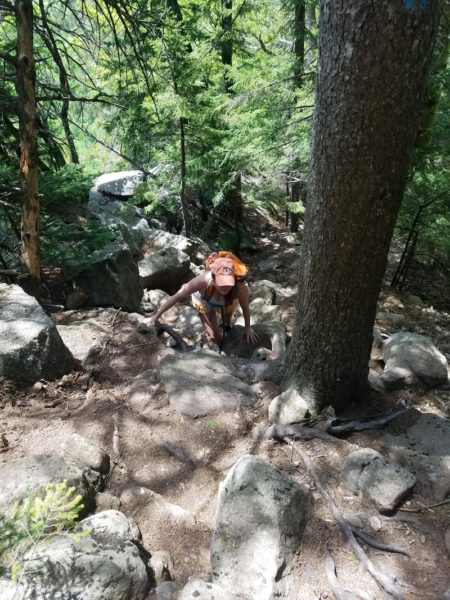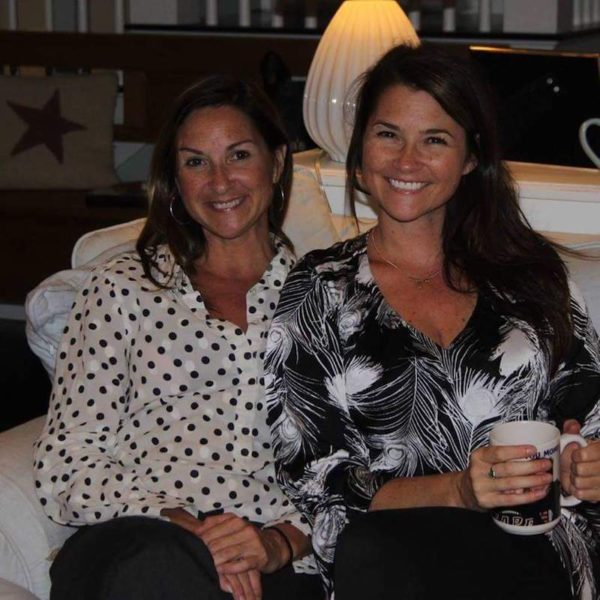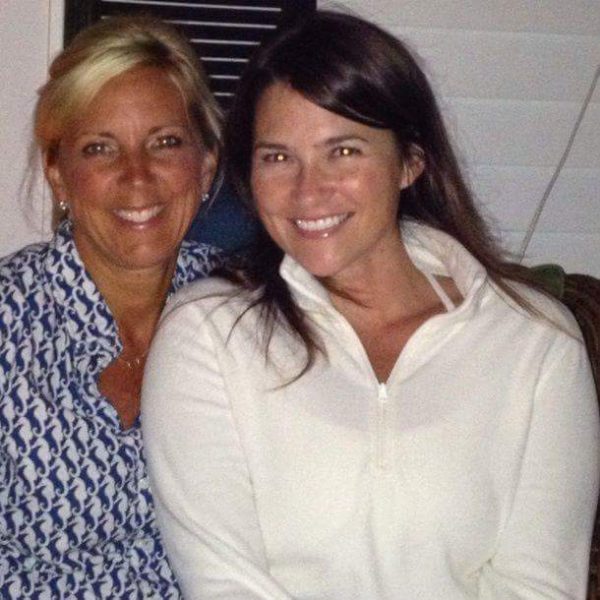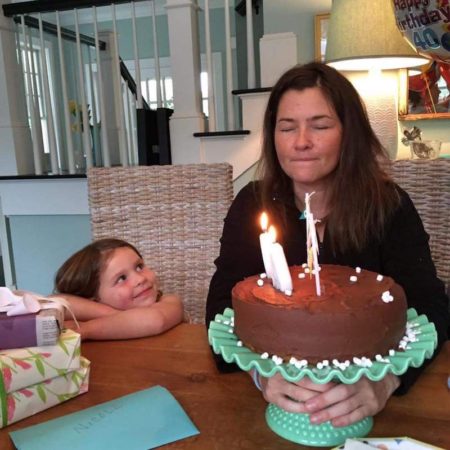Nicole Petit was diagnosed with Type 1 diabetes when she was 9 years old. For the past few months, she’s written a series of blog posts for Catching Health about living with diabetes.
In part one, she told us what it was like to be a kid with diabetes. Her parents also contributed to the post because, of course, the diagnosis turned their lives upside down as well.
Just when they got things figured out, Nicole became a teenager. In part two, we found out how she managed to make it through those turbulent years and come out a strong and confident young woman.
In her final post, Nicole shares what her life is like now, at age 40.
I’ve always had a positive attitude about having diabetes. I’ve been telling people for 30 years, “It’s a good disease to have if you’re going to get one because you can control it.” The multiple injections and daily finger sticks, the every-few-months blood work and the monthly appointments don’t bother me.
Diabetes complications
I genuinely appreciate that I don’t have a completely unmanageable disease that leaves me bedridden. Until very recently I’ve never complained about the disease or been afraid of it. Of course, that changed once I started experiencing complications from diabetes and realized that no matter how hard I may try, I cannot always control it.
Some of my complications aren’t visible or obvious — such as retinopathy and neuropathy. High and low blood sugars are also not obvious unless you know me very well and recognize my symptoms. Since these are things others don’t see, people sometimes assume I’m perfectly healthy and give me a hard time when I can’t attend an event or have to leave early. I’m active and usually smiling, so until someone spots my insulin pump or my continuous glucose monitor (CGM), it’s simply not evident that I have a chronic illness.
The complications are scary and the misconceptions are annoying, but it’s the fear of the future that worries me. Will I go blind, have kidney failure or lose a limb? Will I still be able to hike mountains and play with my nieces and nephews? Will I be a burden to those who love me? With an extremely supportive family and partner, friends, work colleagues and a terrific medical team, I manage these fears.
The importance of support
- Nicole and sister Rebecca
- Nicole and sister Chris
In addition to staying positive, following doctor’s orders, testing regularly, eating well and exercising daily, my network of support is what has helped me thrive with this illness. My sisters Rebecca and Christine have missed work and even time with their kids when I have needed support at a doctor’s visit. My father has always helped me pay for costly diabetic supplies and my mother still offers to bring me meals when I’m not feeling well. My best friend motivates me when I’m tired. My boyfriend caters any meal he makes to suit my carbohydrate count and waits for me on mountains when I’m stopping every hour to test my sugar. My employer is flexible with my schedule so I can attend my doctor appointments. I’m sometimes baffled by the endless support in my life, but I’ll take it. I have learned it is always worth it to ask for help and people seem more than happy to provide it.
Positives versus negatives
Truthfully, there are many positives about my diagnosis and life with Type 1. It has encouraged me to live a healthy lifestyle and be a much more empathetic person than I might have been had I not been diagnosed. The constant maintenance diabetes requires has left me with an acute awareness of my body.
Staff at Joslin Clinic in Boston said the average diabetic spends over two hours a day thinking of and planning for their disease. I’d argue it’s every hour. I test when I wake up, before and after exercise, before meals, before bed and in between. Even my outfits are dictated by my insulin pump placement.
I ask myself one or more of these questions daily:
- Is my CGM charged?
- Do I have extra pods and batteries for my pump?
- Do I have glucose tablets or juice in case I get low?
- How many carbs are in this meal?
- How will this food affect my stomach later?
- Did I bring the doctor’s note to the airport stating I’m flying with needles so I can get through security?
- Will there be a fridge where I’m staying where I can store insulin?
- Are there pharmacies near where we’re camping or vacationing?
- Did I call my doctor to refill my script? Did she call me back yet?
- Does my insurance cover this or that?
Overwhelmingly, the negatives are outweighed by the priceless gift I was given of gratitude for both what I have and what I do not have. Life is hard and someone can always have it worse than I do, and many do, but I’d say few have it better.
Getting stuck with this disease also led to my career in advocacy. I currently work for the Southern Maine Agency on Aging where I coordinate and teach programs on chronic disease self-management, chronic pain and balance. I’m passionate about these topics and I work daily to help empower people to live well with their own chronic condition.
About 20 years ago my mother and I co-facilitated a support group for newly diagnosed kids and their parents. A parent asked my mum a question and her answer changed my life because it went far beyond my diagnosis. The concerned parent asked, “What about a cure? Do we know when that’s coming?” My mother’s response: “We don’t think about a cure, we think about today. We think about and do what we can to keep Nicole healthy every day and know things could be much worse.”With that, I never wished for a life without the disease.
With that, I never wished for a life without the disease. I, of course, want a cure, but it’s not a guarantee. I might have a higher A1C some months than others and I cry now and then over the fear of the unknown or in a fit of self-pity, but that’s rare. Along with my daily diabetes-related questions, I also often repeat Churchill’s words in my head whenever I need a little boost, “Never, never, never give up.” I won’t if you won’t.
If you have any questions you’d like to ask Nicole, send me an email or use the comment box below.





Leave A Comment